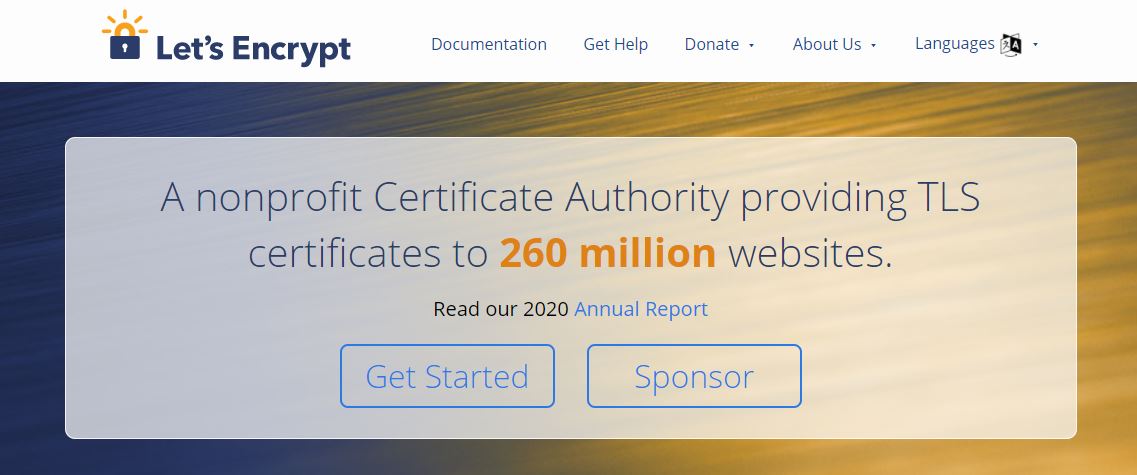An SSL certificate provides a secure encrypted connection to and from the server your website sits on (everyone’s website must sit on a server in order to exist and be accessible on the internet). This means the traffic on your website is more likely to be safe; it’s a symbol of trust for your users and it can offer you protection too.
You’ll be able to recognise if a site has an SSL certificate by the little padlock symbol in the address bar. Your full web address will also start with https://. If a site doesn’t have a SSL certificate, your web browser will most likely warn you that the connection is unsecure and you should be wary.
This warning alone is enough to deter visitors to your site – so an SSL certificate is an absolute necessity these days.
Before we talk about where you can find a free certificate, it’s important to mention why you should pay for one. Not all SSL certificates are created equal, some have additional levels of business validation to increase your trust ratings; some can even offer insurance based around incorrectly issued certificates (though this can be a point of contention between those in the industry).
For the majority of cases a standard SSL certificate will do the trick, but some businesses may require (or desire) a more strictly vetted certificate.
So how do you get a free SSL certificate and https enabled?
Let’s Encrypt is a non-profit organisation backed by some of the biggest names in the industry and they will issue certificates completely free of charge. The whole process is designed to be accessible and easy to integrate.
Getting your certificate will vary from web host to web host. Some will enable an option on your cPanel to add a Let’s Encrypt certificate automatically. Other hosts may need to set it up manually for you. You’ll need to check with your web hosting provider about their specific ins and outs.
It’s worth noting that, depending on your content management system or server, there may be additional steps. WordPress for example, will need URLs updating to use https, while dedicated web servers will need some config files updated.
Don’t feel like you have to pay for a SSL certificate. Chances are a free one will suit your needs perfectly well. If you’d like to know more about getting an SSL certificate or configuring your site/server for https then get in touch with us. We don’t charge for advice and we’d love to help.

